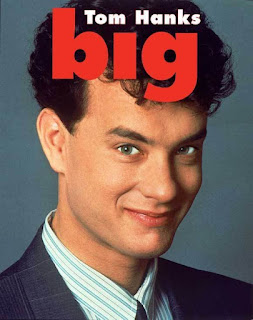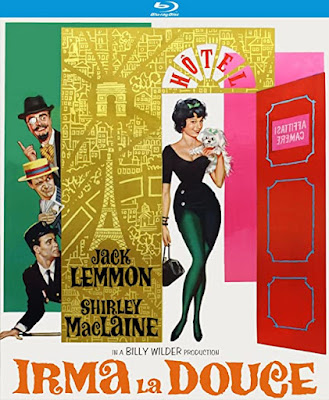As we reached the close of The Power of the Dog, a fellow moviegoer turned to me and said, appreciatively, “Well, I never saw that coming.” By contrast, eventual Oscar Best Picture winner, CODA is, for all of its obvious charm, is a movie about which you’d have to say, “I certainly saw it coming.” Meaning: that happy ending, one that reduced me and everyone else to tears, was tacitly guaranteed from the start. We viewers were rooting for this endearing, if beleaguered, family to move onward and upward, and of course we got our wish. There’s nothing like a feel-good film to lift your spirits and make you think more kindly about your fellow human beings. We need uplift in these terrible times, and CODA gave us what we craved, with both hands.
Which was certainly one reason for its Oscar win on Sunday night. It was also a night that was woefully short on surprises. As for the winners, we certainly saw them coming. Prognosticators have become so acute at ferreting out voting patterns that virtually every award had been correctly predicted in advance. (Suspense? We don’t need no stinkin’ suspense.) It’s partly for that reason, I suspect, that viewership for the ceremony continues to drop. If the biggest unknown of the evening is whether one of those glamorously-low-cut ladies will accidentally tip out of her top on-camera, the event is in big trouble.
Instead of suspense, we got a large dose of identity politics, with virtually every big winner giving a shout-out to some oppressed group. Please don’t get me wrong: Hollywood’s history is full of shameful treatment of groups outside of the mainstream, and I rejoice that films are being recognized for introducing us to cultures and lifestyles that have previously been mocked or overlooked. But I still deeply feel that film awards should be about ART, not simply about the redress of social wrongs. That’s why I personally would not have given a screenwriting award to a film (CODA) that sets up serious challenges for its protagonists—an onerous legal mandate that a hearing person must be aboard the Deaf family’s fishing boat at all times, a sense that the family is isolated from the hearing community without the hearing daughter present to smooth away misunderstandings—and then, after she’s accepted into the college of her dreams, simply sweeps the problems away in a wash of good feelings. This is not to diminish CODA’S power, but only to point out the lapses in its craft.
Of course an Oscar ceremony must work as popular entertainment, not simply as an industry’s recognition of its current leaders. And this one worked hard to amuse the folks at home, shortchanging the winners in various below-the-line categories to have more time for hectic, splashy production numbers (what’s with the chartreuse violins?) and celebrity appearances (what’s with the sports world’s Tony Hawk and Shaun White?) Which brings me to the moment that’s been seized upon by the media. Comic Chris Rock, a presenter, made a silly and apparently pointless crack about the cropped “G.I. Jane” haircut of Will Smith’s wife, Jada Pinkett Smith. Upon hearing this, Smith leaped from his front-row seat and pounced on Rock, in what looked at first to be a planned comedic attack. Then, for us at home, the sound went out.
No joke: Smith was furious at Rock’s mocking reference to his wife’s alopecia. It was a grotesque moment, especially when soon followed by Smith’s tearful acceptance of his Best Actor statuette. Ungainly, sure—but also a welcome distraction from the tried and true.











